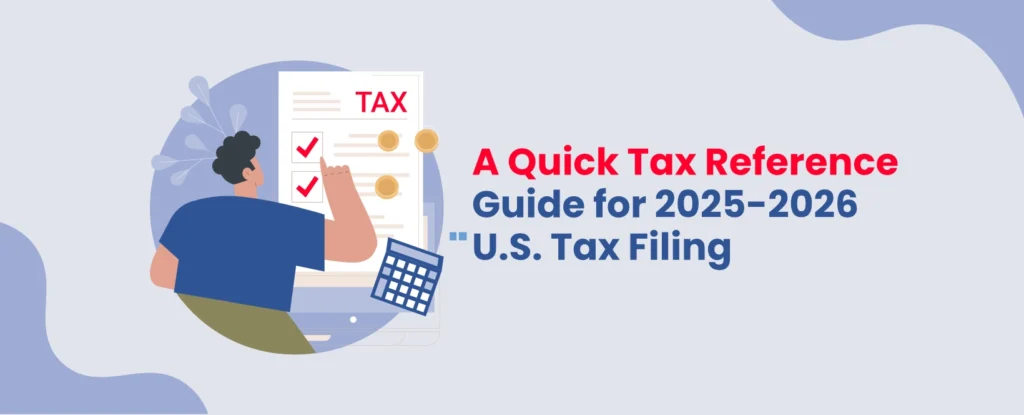Building a SaaS company is different from running a traditional business. You’re managing product updates, onboarding new users, providing customer support, and adding new features to your products — all while trying to grow your monthly revenue. One mistake and everything can come crashing down. Amidst this chaos, accounting and bookkeeping usually take a back seat. Most founders think, “I’ll deal with the numbers later; let me build my product first.” But the truth is, in SaaS, later often becomes too late. Poor account upkeep can hurt cash flow and long-term business sustainability. That’s why regular account reconciliation is important.
In this article, we’ll cover 7 accounting mistakes that SaaS startups commonly make – along with practical steps to avoid them.
1. Incorrect Revenue Recognition
This is one of the most common SaaS accounting mistakes. Startups with subscription or SaaS models often record revenue when cash is received, not when services are delivered.
For example, a customer pays $1,200 upfront for a 12-month subscription in January. It might feel tempting to record that full amount as revenue for January – but technically, you’ve only earned $100 of it that month. The remaining $1,100 is deferred revenue.
If you recognize the entire payment as revenue right away, your financial reports will show inflated income and profits. It’ll look like you’re growing faster than you actually are.
#Pro Tip
|
2. Misclassifying Expenses
Every SaaS company invests heavily in product development. But they often treat costs inconsistently. Should that new software subscription be an expense or a capital investment? Misclassifications can mislead profits, tax obligations, and company valuation.
Because if you expense everything, your profit and loss statement (P&L) will show higher costs during development-heavy months, even though the benefits of that work will last for years.
#Pro Tip
|
3. Ignoring Customer Churn in Revenue Forecasts
Many founders focus on acquiring new customers but forget to account for churn (the number of customers who cancel or don’t renew).
Ignoring this makes your forecasts look great on paper but in reality your cash flow would be tight.
For example, if you project $100,000 in MRR by year-end but have a 10% monthly churn rate, your real numbers will fall far short.
#Pro Tip:
|
4. Recording Sales Commissions Incorrectly
This is one of those sneaky accounting mistakes that catches even experienced founders.
When a sales representative earns a commission for closing an annual contract, many startups expense that cost right away. But under accounting standards like ASC 606, those commissions should be spread out across the life of the contract.
For example, if you pay a rep $1,200 for a deal that lasts 12 months, you should record $100 of that commission each month—not the entire $1,200 at once.
That’s because expensing commissions upfront makes early months look unprofitable, even when the business is doing fine.
#Pro Tip
This will keep your financial reports balanced and consistent. |
5. Overlooking Multi-Currency Transactions
Startups selling internationally often ignore currency exchange impacts. This mismanagement can lead to incorrectly recorded profits and compliance issues.
#Pro Tip
|
6. Neglecting Tax Credits, Grants, and R&D Incentives
Many startups miss out on tax-saving opportunities. Ignoring available credits or grants can increase cash burn and reduce runway.
#Pro Tip
|
7. Not Connecting Accounting Data with SaaS Metrics
Startups often fail to connect finances to metrics like CAC (Customer Acquisition Cost), LTV (Lifetime Value), or churn rate. This limits their insights into profitability and growth.
For example, you might think your company is profitable because your income statement looks good. But if your CAC is higher than your LTV, you’re actually losing money on every new customer.
#Pro Tip
|
Who Needs SaaS Accounting Services?
SaaS accounting and bookkeeping services are not just for big enterprises. They help companies at every stage stay organized, compliant, and fund-ready. These include:
- Bootstrapped Founders
- Seed-Stage Startups
- Scaling SaaS Companies
- Established Enterprises
SaaS Accounting is Tricky But Not Overly Complicated
SaaS accounting just requires consistency and attention to timing. When you follow that and fix the aforementioned accounting mistakes, your books become clearer, your decisions more informed, and your investors more confident.
To stay sorted, outsource your accounting to professionals who understand SaaS. This can save you a lot of headaches. Remember, your product might be about code, but your business runs on numbers. So, get those numbers right, and make your growth a lot more predictable.
Ready to stop guessing and start growing? Talk to our SaaS accounting experts today!



